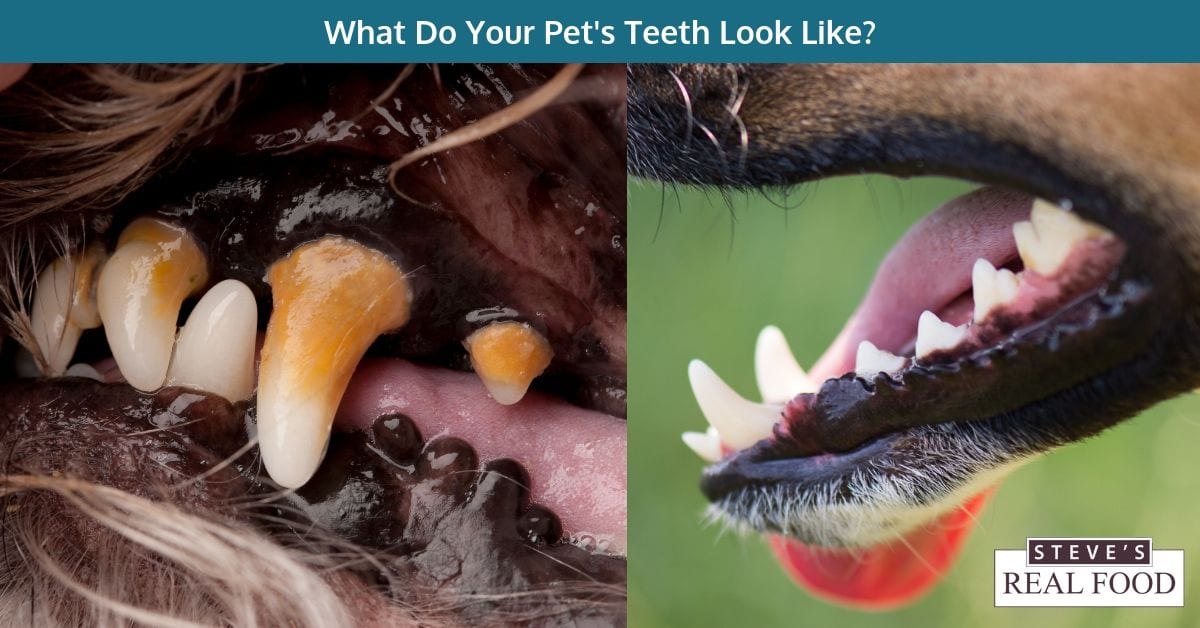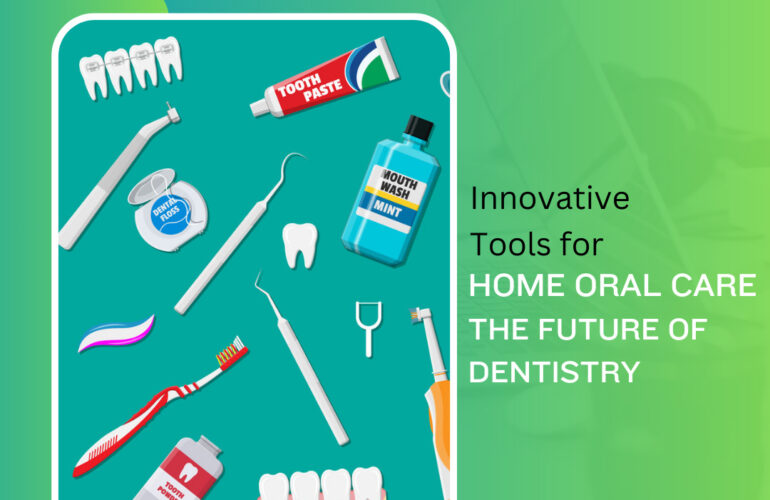Introduction
Dental hygiene is crucial for maintaining healthy teeth and gums. While brushing and flossing play a significant role, many people overlook the impact of their diet on oral health. The food we consume can either promote dental hygiene or contribute to various dental problems. In this article, we will explore the role of diet in maintaining dental hygiene and provide you with essential information to make informed choices for a healthy smile.
The Importance of a Balanced Diet
A balanced diet is essential for overall health, including dental hygiene. Consuming a variety of foods from different food groups ensures that your body receives the necessary nutrients to support oral health. A diet rich in fruits, vegetables, whole grains, lean proteins, and low-fat dairy products provides the vitamins and minerals needed for strong teeth and gums.
Fruits and Vegetables
Fruits and vegetables are not only beneficial for your overall health but also for your dental hygiene. They are packed with essential vitamins and minerals, such as vitamin C, which helps prevent gum disease. Additionally, the act of chewing crunchy fruits and vegetables stimulates saliva production, which helps wash away food particles and neutralize acids in the mouth.
Whole Grains
Whole grains, such as brown rice, whole wheat bread, and oatmeal, are excellent sources of complex carbohydrates. These carbohydrates take longer to break down, requiring more chewing, which stimulates saliva production. Saliva helps protect teeth by neutralizing acids and washing away bacteria and food particles.
Lean Proteins

Lean proteins, like chicken, fish, and beans, are essential for dental health. They provide phosphorus, which, along with calcium, helps strengthen tooth enamel. Additionally, proteins contain amino acids that aid in repairing and rebuilding tissues, including those in the mouth.
Low-Fat Dairy Products
Low-fat dairy products, such as milk, cheese, and yogurt, are excellent sources of calcium. Calcium is crucial for maintaining strong teeth and jawbones. It also helps protect teeth against gum disease by promoting healthy gums.
Summary
Proper dental hygiene goes beyond just brushing and flossing. Your diet plays a vital role in maintaining good oral health. Certain foods can contribute to tooth decay and gum disease, while others can help strengthen your teeth and gums. By understanding the impact of different food choices, you can make informed decisions to protect your dental health. In this blog post, we will discuss the importance of diet in dental hygiene and provide practical tips on in my explanation corporating tooth-friendly foods into your daily routine. Let’s dive in and discover how you can maintain a healthy smile through a balanced diet!
- Q: How does diet affect dental hygiene?
- A: Diet plays a crucial role in maintaining dental hygiene. Consuming sugary and acidic foods and drinks can lead to tooth decay and erosion. A balanced diet rich in fruits, vegetables, and calcium helps promote healthy teeth and gums.
- Q: Which foods are harmful to dental health?
- A: Foods high in sugar, such as candies, sodas, and desserts, can be harmful to dental health. Additionally, acidic foods like citrus fruits and vinegar-based dressings can erode tooth enamel over time.
- Q: What are some tooth-friendly foods?
- A: Tooth-friendly foods include crunchy fruits and vegetables like apples and carrots, as they stimulate saliva production and help clean teeth naturally. Dairy products like cheese and yogurt are also beneficial due to their calcium content.
- Q: Is it important to limit snacking for dental hygiene?
- A: Yes, it is important to limit snacking for dental hygiene. Frequent snacking, especially on sugary or starchy foods, exposes teeth to prolonged acid attacks, increasing the risk of tooth decay. It’s best to opt for healthier snacks and limit consumption between meals.
- Q: How does drinking water contribute to dental hygiene?
- A: Drinking water, especially fluoridated water, helps maintain dental hygiene. It helps rinse away food particles and neutralize acids in the mouth. Fluoride also strengthens tooth enamel, making it more resistant to decay.

Welcome to my website! My name is Ben Stout, and I am a dedicated and passionate Dental Hygienist with years of experience in the field. I am thrilled to share my knowledge and expertise with you through this platform.
As a Dental Hygienist, my primary goal is to ensure optimal oral health for my patients. I firmly believe that a healthy smile is not only aesthetically pleasing but also crucial for overall well-being.


